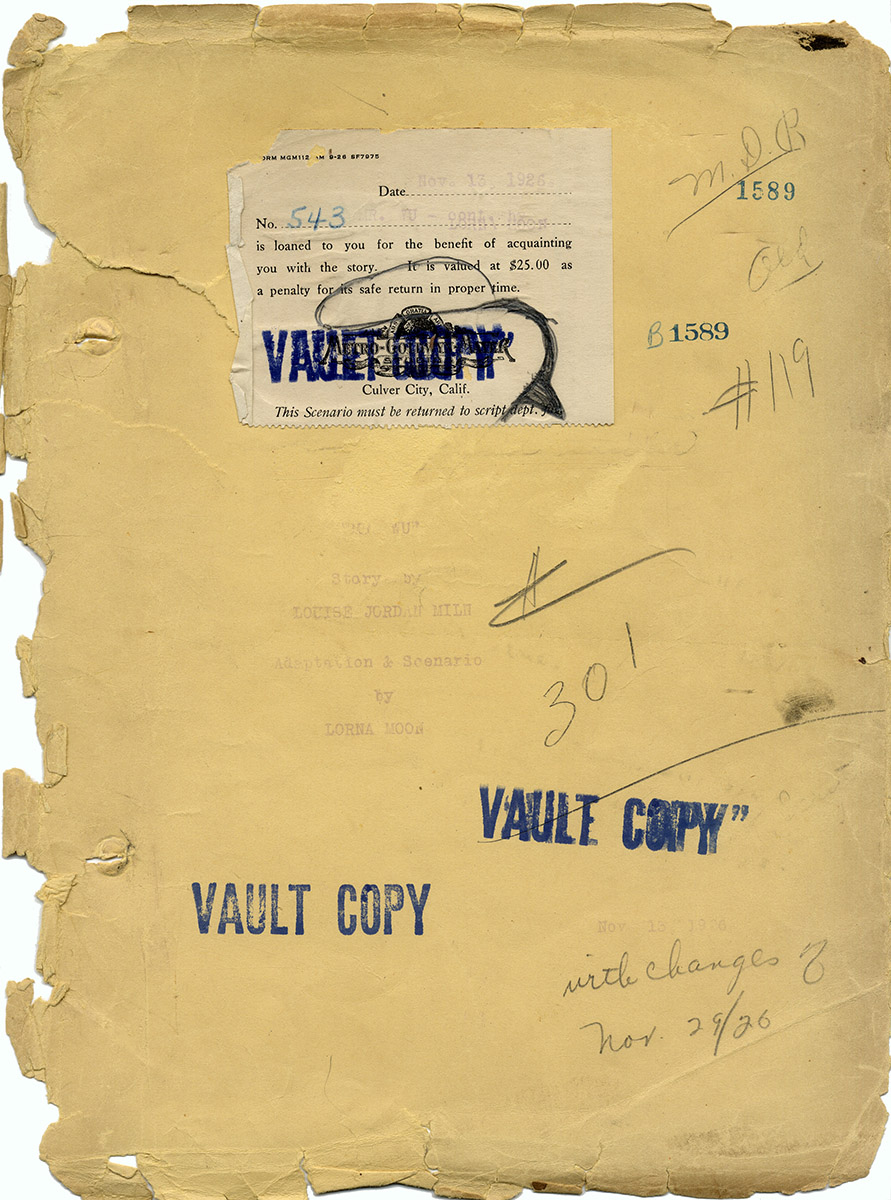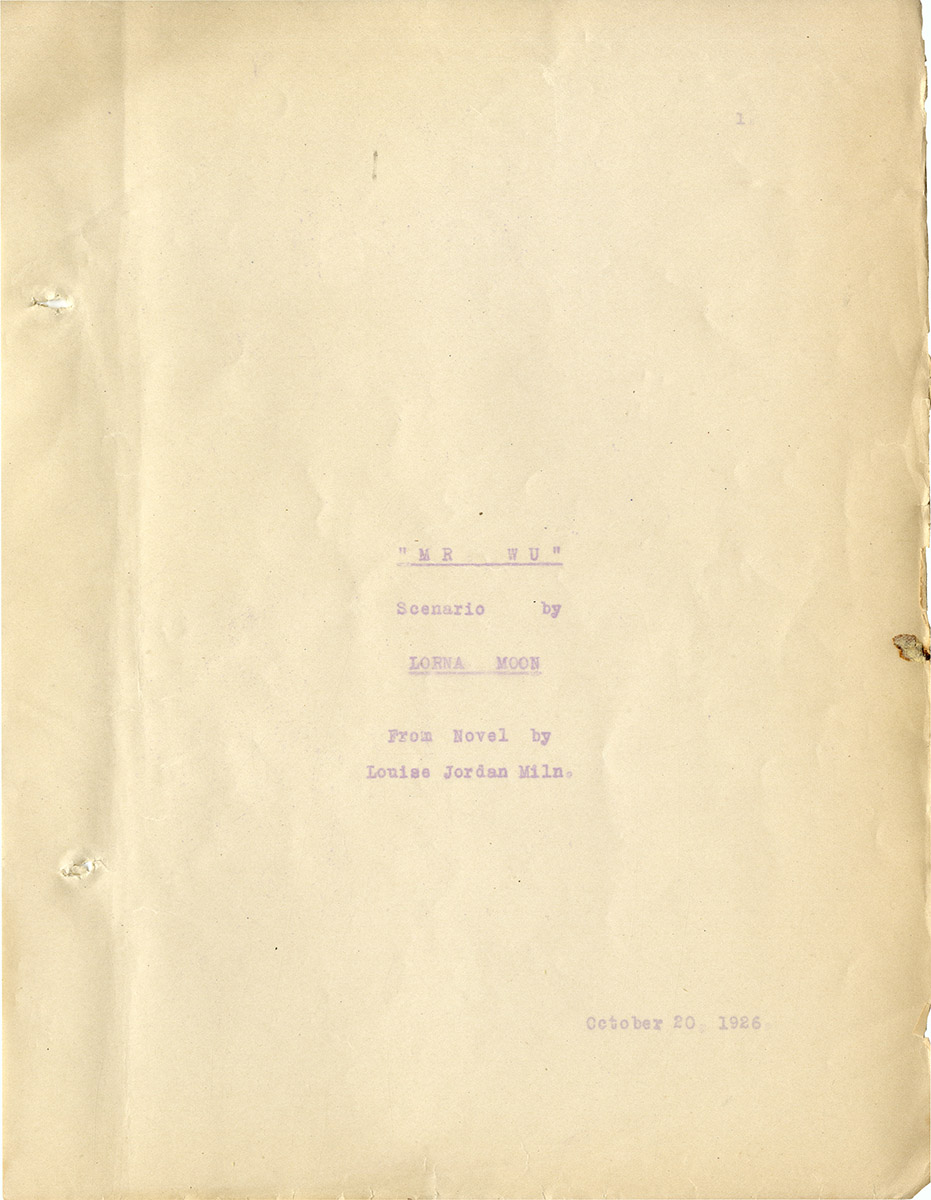Tod Browning (director), Lon Chaney (actor) MR. WU (Nov 13, 1926) Film script
[Los Angeles]: MGM, 1926. Vintage original film script. Tan titled wrappers, 12 x 8 3/4″ (31 x 22 cm.), dated Nov. 13, 1926 on front wrapper, with credits for story writer Louise Jordan Miln and screenwriter Lorna Moon. Title page integral with the first page of the text, dated Oct. 20, 1926, with credits for screenwriter Moon and story writer Miln. 102 leaves, with last page of text numbered 96. Ditto style mimeograph duplication. Pages with chipping at yapped edges, brad bound. Near fine in very good wrappers.
One of the specialties of Lon Chaney, Sr., aka “The Man of a Thousand Faces”, was the portrayal of Asians. He had previously played Asian characters in Outside the Law (Tod Browning, 1921) and Shadows (Tom Foreman, 1922). In Mr. Wu (William Nigh, 1927), Chaney plays two Chinese characters: a grandfather and his grandson. In fact, we get four great Lon Chaney makeup creations: the grandson “Mandarin Wu” as first a young man, then as a middle-aged father. And before that we have Grandfather Wu when Mandarin Wu is a young boy, and most astonishing of all, the 100-year-old version of Grandfather Wu.
The story begins with the very traditional Grandfather Wu introducing his boy grandson to an English tutor who will instruct him in “the ways of Europe.” In the next sequence, Mandarin Wu is a young man (Chaney), and his 100-year-old Grandfather (also Chaney) is presiding over his wedding. Over the years, Mandarin Wu becomes a man of great wealth with a teenage daughter, Nang Ping (Renée Adorée) whom he adores. However, complications arise when Nang Ping meets a young Englishman (Ralph Forbes) and the two of them fall in love. A series of secret meetings results in Nang Ping’s pregnancy, and when Mandarin Wu learns of this misfortune, he has no choice under the ancient laws of his culture but to kill her, “A maiden so defiled must die by the hand of her father or the next male of her own blood.” In the film’s final act, Wu attempts to avenge the death of his daughter by abducting the Englishman who impregnated her, and his sister, and forcing their mother to make a Sophie’s choice between the two of them — picking which of the two shall die — so that she, too, will know a parent’s grief (we won’t spoil the film’s ending).
Aside from Chaney’s performance(s), the film’s greatest asset is its Orientalist production design by MGM genius Cedric Gibbons. The movie is a delight to look at from beginning to end. Today’s audiences may find it regrettable that Wu, his grandfather and his daughter are played by Caucasians, but all the other Asians in the film are played by real Asians. The character of Soo Long, Nang Ping’s best friend and confidante, is sympathetically played by Anna May Wong in a rare non-vamp role. Although the film shows Asian prejudice regarding the West, it is also critical of Western prejudice toward Asians.
Lorna Moon, who adapted Harold Owen and Harry M. Vernon’s stage play to the screen, was born in Scotland in 1886, and was one of the earliest and most successful of female screenwriters.
Out of stock
Related products
-
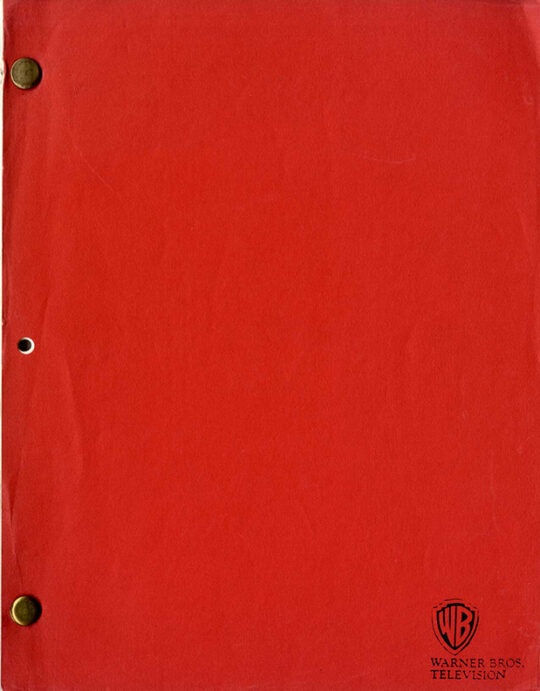
DRESS GRAY (Mar 6, 1981) Second revision script by Gore Vidal
$500.00 Add to cart -
![(Blaxploitation film) BLACK BELT JONES [1974] Film script by Oscar Williams](https://www.walterfilm.com/wp-content/uploads/2024/06/BlackBeltJonesSCR_a-540x693.jpg)
(Blaxploitation film) BLACK BELT JONES [1974] Film script by Oscar Williams
$750.00 Add to cart -
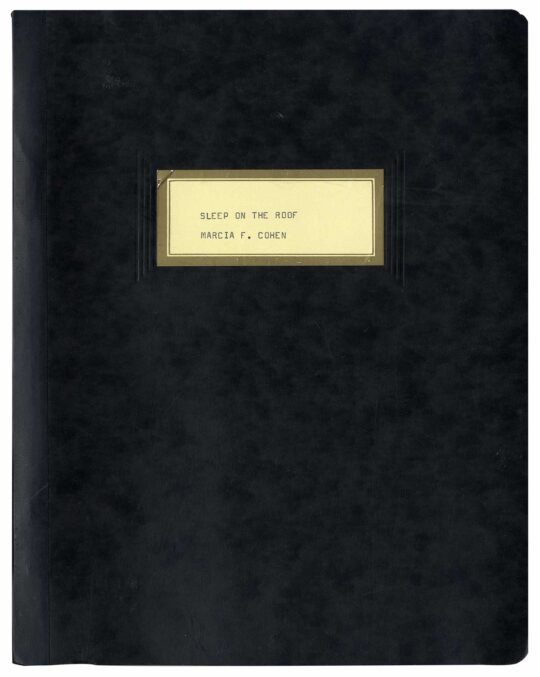
SLEEP ON THE ROOF (1967) Unproduced script based on the life of Margaret Sanger
$500.00 Add to cart -
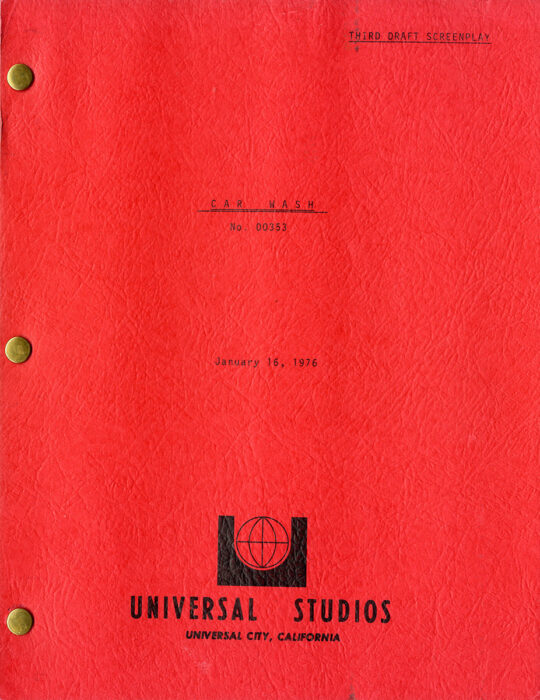
(African American film) CAR WASH (1976) Third draft film script by Joel Schumacher
$850.00 Add to cart

